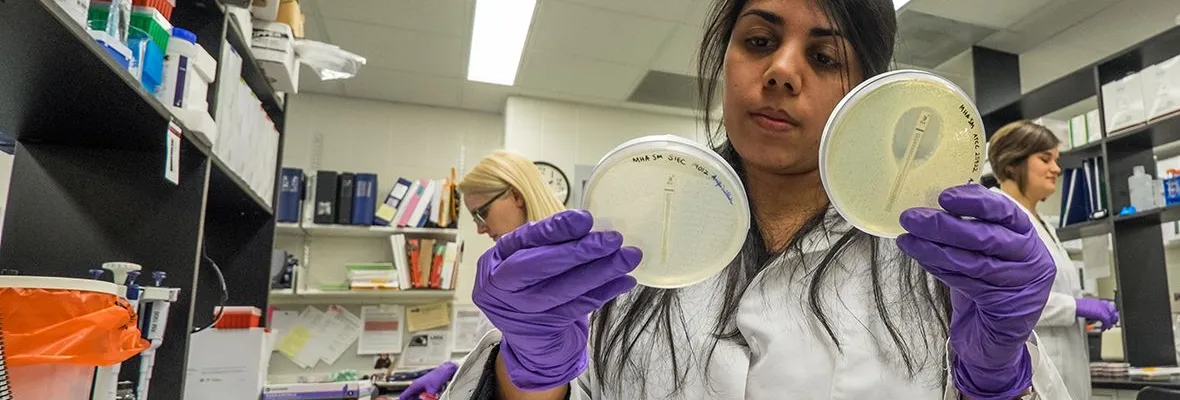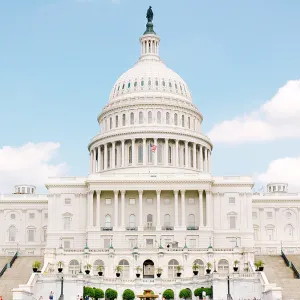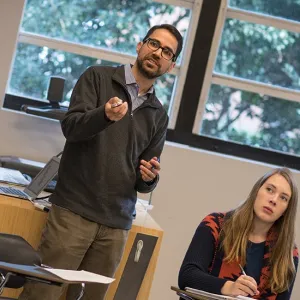America's leading research universities guard our nation's security by protecting knowledge, trade secrets, and classified information from foreign interference. In fact, AAU members have a vested interest in making sure this is the case. AAU works closely with its members and the government to ensure that appropriate security measures are in place at all times. Our members also work hard to strike a balance between two key priorities. One, that research must remain open to succeed. The integrity of our nation's research depends on it. On the other hand, some sensitive data must also be protected. AAU and APLU have jointly written a guide to help our members deal with this issue. The guide provides principles and values that steer our actions and helps universities limit risks.
Body

As lawmakers consider measures related to securing federally funded research data and intellectual property, it is important to understand the current state of play for research security in the country to avoid new requirements that are duplicative, unnecessary, or counterproductive

One pager for advocacy focused on securing scientific research against foreign threats.

AAU Statement on the House Committee on Science, Space, and Technology Hearing "Examining Federal Science Agency Actions to Secure the U.S. Science and Technology Enterprise."

This resource document identifies key terms; effective practices proposed by institutions and government and non-government entities; links to various government and non-government entity lists, and topical analysis and proposed policy recommendations in several key areas..
Search Our Key Issues Library
Browse recent items or search for a specific topic or document.
AAU, COGR, and APLU submitted a joint response to the Department of Energy's Notice of Proposed Rulemaking (NPRM) on Conflict of Interest and Conflict of Commitment Policy Requirements. The comments outline the need for consistency with NSPM-33 and limiting unnecessary administrative burden.
AAU and 4 other higher education organizations joined comments led by EDUCAUSE on the regulations proposed by the Cybersecurity and Infrastructure Security Agency (CISA) to implement the reporting requirements of the Cyber Incident Reporting for Critical Infrastructure Act (CIRCIA).
This resource document identifies key terms; effective practices proposed by institutions and government and non-government entities; links to various government and non-government entity lists, and topical analysis and proposed policy recommendations in several key areas..
AAU, ACE and 21 other higher education associations sent a letter to House representatives opposing the inclusion of the Bipartisan Workforce Pell Act and the Defending Education Transparency and Ending Rogue Regimes Engaging in Nefarious Transactions (DETERRENT) Act as amendments to the Servicemember Quality of Life Improvement and National Defense Authorization Act for Fiscal Year 2025 (H.R.8070).
AAU, ACE, COGR, and APLU sent a joint letter to the Federal Bureau of Investigation (FBI) expressing concern regarding the recent restructuring of the Academic Liaison program.




